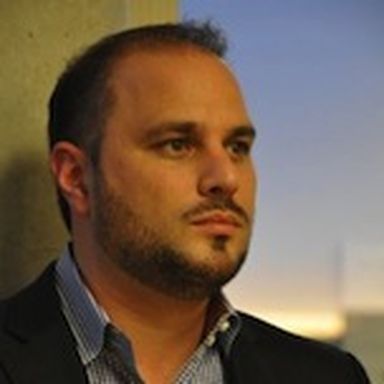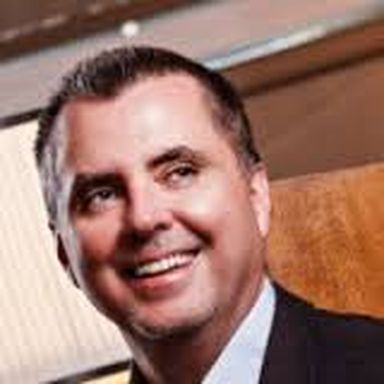
As he settles in as TUC Managed IT Services' new VP of sales, Marco La Vecchia offered ChannelE2E some initial clues about where the managed services provider (MSP) is heading next. The short answer involves a vertical market push.
La Vecchia, a veteran of AVG Technologies and N-able Technologies (now owned by SolarWinds), essentially is jumping from the software side of the industry to the MSP side. TUC, driven by CEO Mark Scott, has acquired multiple MSPs in recent years -- and is extending beyond its Canadian roots to offer managed and cloud services across North America.
Still, the MSP doesn't want to be all things to all people, according to La Vecchia. "We don't want to be the service provider that focuses on everything," he says. "We'll be niche-specific." Among the key niches: Major success in the senior care vertical (see ChannelE2E's Top Vertical Market MSP List and research in Q2 2016 for more details). Plus, a key focus on help desk services for vertical markets -- along the way pushing deeper into the midmarket.
N-able Veterans Reunite
La Vecchia first met TUC CEO Mark Scott when Scott was CEO of N-able more than a decade ago. Although both executives made career moves, the duo remained in touch and compared industry notes during conferences and partner summits over the years.

When La Vecchia existed AVG Technologies in 2015, Scott gave him a call and the two met for coffee. "When we started talking it was clear this was a great opportunity for me," says La Vecchia. He's also looking forward to shifting to the other side of the table.
La Vecchia has spent more than a decade helping VARs to becoming MSPs that specialize in recurring revenues. Now, he's lead TUC's sales team to help customers better understand the value of managed and cloud services.
Still, La Vecchia is not abandoning a channel mindset. Even as TUC promotes managed and help desk services directly to end customers, the company will also promote a portfolio of services to resellers and MSPs.
First Priorities
La Vecchia's top priority is to lead and grow TUC's sales team. He plans to study how TUC currently supports customers -- making such that existing and target customers are leveraging the right mix of technologies and solutions. The effort will involve close communications across TUC's various offices -- including a headquarters in Ottawa; a regional office in London, Ontario; and help desk services in Prince Edward Island (PEI)
Although my figures are a bit dated, I believe the PEI-based help desk supported more than 30,000 end users in 2013, with a heavy emphasis on midmarket customers that have 100 to 10,000 users.
The other key priority? Really studying TUC's existing vertical market success (in Senior Care, for instance) and then doubling-down on the key verticals that show the most promise.




